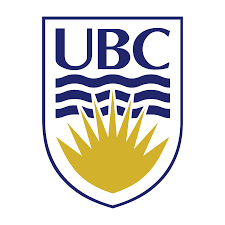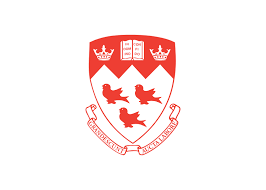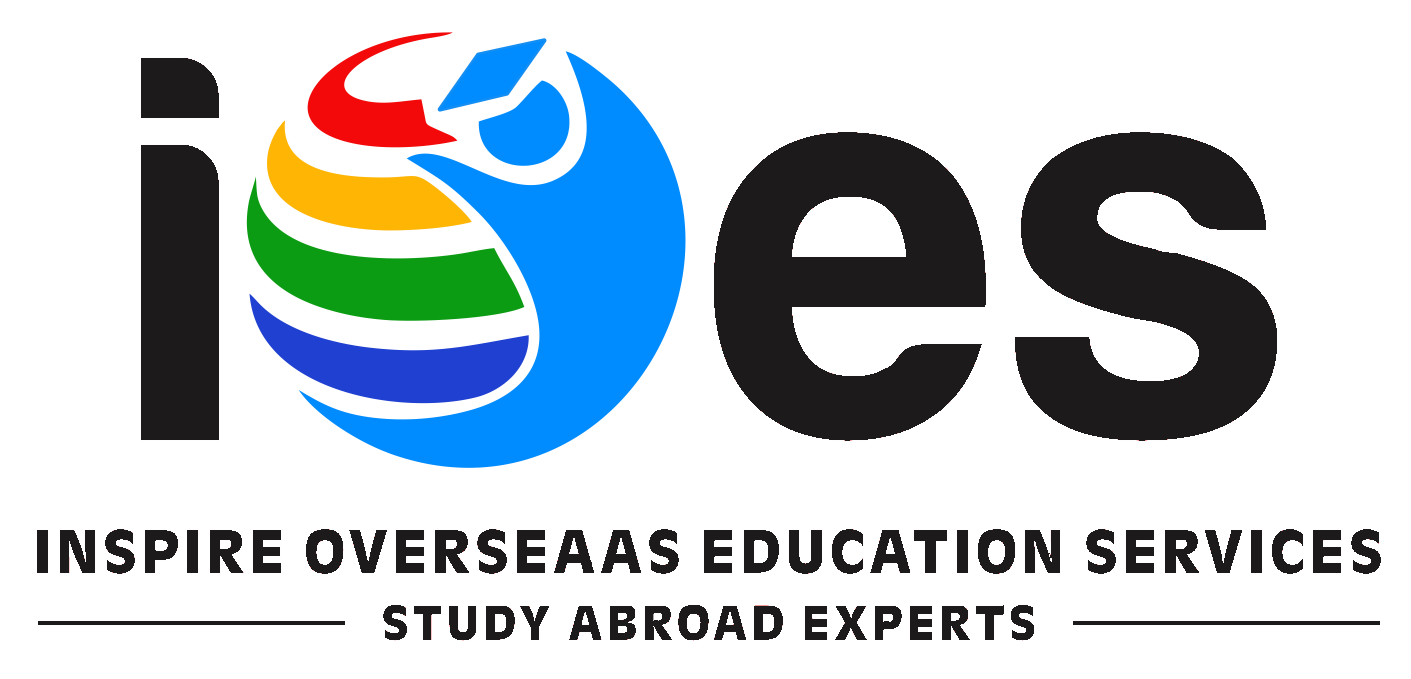
Study in Canada
Canada offers world-class education with a welcoming, multicultural environment and affordable tuition compared to many other English-speaking destinations. Known for its high quality of life, safety, and post-graduation work opportunities, Canada has become a top choice for international students seeking both academic excellence and future career prospects.
Top Reasons to Choose Canada
Discover what makes Canada an exceptional destination for your international education.
Quality Education
Canadian universities consistently rank among the world's best, offering innovative programs with state-of-the-art facilities and research opportunities.
Multicultural Environment
One of the world's most diverse countries, Canada offers a welcoming, inclusive society where international students feel at home.
Immigration Opportunities
Generous post-study work permits and pathways to permanent residency make Canada an excellent choice for long-term career planning.
Study Permit
International students require a study permit to study in Canada for programs longer than six months. Our expert counselors will guide you through the entire application process, from preparing documentation to biometrics submission, ensuring a smooth visa approval process.
- Acceptance letter from a Designated Learning Institution (DLI)
- A Provisional Attestation Letter (PAL) or Territorial Attestation Letter (TAL)
- A Gauranteed Investment Certificate (GIC), Proof of financial support (tuition fees plus CAD 10,000 for living expenses)
- Clean criminal record
- Good health and medical examination if required
- Intent to leave Canada after studies (though pathways to permanent residency exist)
Visa Success Rate
Our expert counselors have helped thousands of students secure their visas successfully.
Living in Canada
Everything you need to know about student life, expenses, and financial support.
High Quality of Life
Canada consistently ranks among the top countries for quality of life, offering clean cities, excellent healthcare, outstanding public facilities, and beautiful natural environments. Students enjoy a safe, balanced lifestyle with access to diverse cultural experiences and outdoor activities.

Affordable Living Costs
While varying by location, Canada's cost of living is generally lower than the US and UK. Students typically need CAD 10,000-15,000 per year for living expenses, with higher costs in major cities like Toronto and Vancouver, and more affordable options in smaller cities and provinces like Quebec and Manitoba.

Diverse Funding Opportunities
Canadian institutions offer various scholarships for international students, including entrance scholarships, research grants, and program-specific awards. Government scholarships like the Vanier Canada Graduate Scholarships and Canada-specific awards for Indian students provide additional funding opportunities.

Top Universities in Canada
Discover the leading institutions that offer world-class education and research opportunities.

University of Toronto
Toronto, Ontario
Canada's top-ranked university, known for research innovation and academic excellence across diverse disciplines.

University of British Columbia
Vancouver, British Columbia
Renowned for sustainability initiatives and strong programs in science, business, and environmental studies.

McGill University
Montreal, Quebec
Historic institution with global reputation for medicine, law, and engineering in a vibrant bilingual city.

University of Alberta
Edmonton, Alberta
Leading research university with strengths in natural resources, engineering, and health sciences.

University of Waterloo
Waterloo, Ontario
Known for cooperative education programs and excellence in mathematics, computer science, and engineering.

University of Montreal
Montreal, Quebec
Major French-language institution with outstanding programs in linguistics, computer science, and healthcare.
Post-Graduation Work Permit
The post-graduation work permit (PGWP) allows students who have graduated from eligible schools to gain work experience. The length of your depends on the level and duration of your study program, as well as the expiry date of your passport, whichever comes first.
Engineering
Healthcare
Business Sectors
Natural Resources
Admission Requirements
Learn about the requirements for studying in Canada at undergraduate and postgraduate levels.
Undergraduate Requirements
- Completed higher secondary education (12th grade) with strong academic performance
- English proficiency through IELTS (minimum 6.0-6.5) or TOEFL (minimum 80-90)
- Standardized tests like SAT/ACT (for some universities/programs)
- Statement of purpose and letters of recommendation
- Portfolio or additional requirements for specific programs (e.g., arts, architecture)
Postgraduate Requirements
- Bachelor's degree with minimum 65-75% or equivalent GPA
- English proficiency through IELTS (minimum 6.5-7.0) or TOEFL (minimum 90-100)
- GRE/GMAT for specific programs (especially business and engineering)
- Research proposal for research-based programs
- Work experience for professional programs like MBA
- Letters of recommendation and statement of purpose
Intakes & Application Deadlines
Plan your application timeline for studying in Canada.
Main Intake Periods
- September (Fall)
- January (Winter)
- Other Intakes:
- May (Summer) - limited programs
Application Deadlines
Undergraduate Programs
January-March for September intake; September-November for January intake
Postgraduate Programs
Varies by university and program, generally 6-12 months before intended start date
Partners in Canada
We have established partnerships with leading organizations in Canada to provide comprehensive support for your education journey.
Loan Partners
Access to education loans with competitive interest rates through our financial partners in Canada.
Health Insurance
Comprehensive health insurance plans through our trusted insurance partners in Canada.
Accommodation
Find suitable and affordable accommodation options through our housing partners in Canada.
Ready to Study in Canada?
Take the first step towards your international education journey with IOES.
